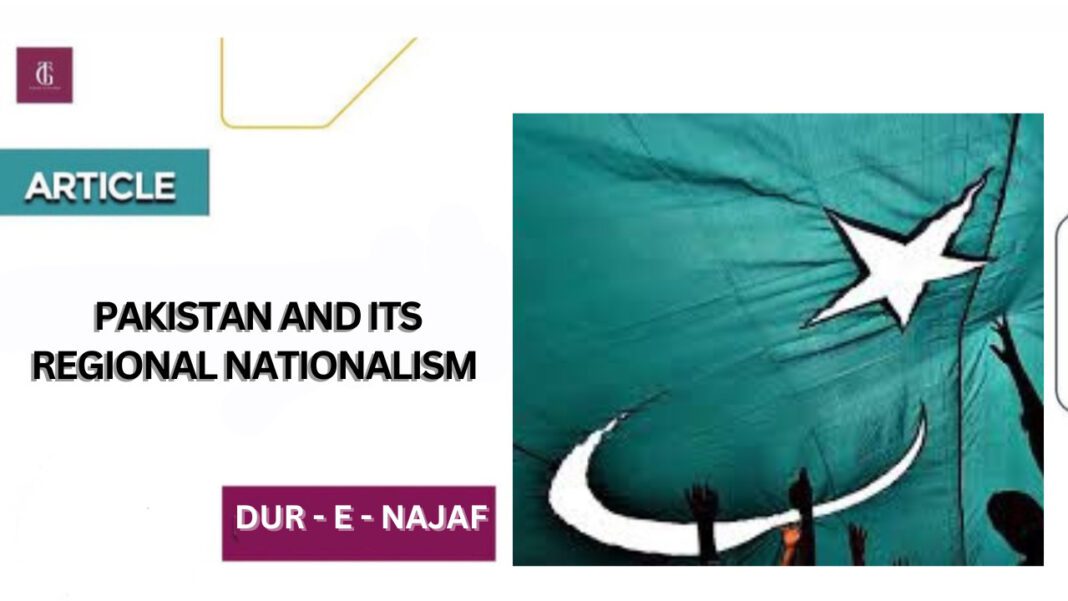Religion has asserted itself as a powerful social and political force, transforming many aspects of national and global politics and shaping individual beliefs and political behaviors. When religious matters are brought up in politics, getting involved can be a strong incentive. Religion-related demands and complaints provide a foundation for religious politicization, which makes religion socially relevant for followers and causes them to consider political action. Significant numbers of people still identify as religious, even in the most secularised nations.
The revival of religious politics has been one of the main features of the post-Cold War era. It can be seen in the emergence of fundamentalist movements and Islamist revolutions like in Iran. One explanation for the resurgence of religious politics can be the material context, that it is less about religion and more about issues like economic injustice, social fairness, and political grievances that are the phenomenon’s root causes. The issue, in short, is politics, not religion.
In the case of Pakistan, the political and religious connection has continued throughout the country’s history. In their effort to create a new nation and state, Pakistan’s founders simultaneously offered two visions of Pakistani nationalism. The first was what one historian, Faisal Devji, defines as ‘Muslim Zion’—a land where the Muslim minority dispersed across a vast subcontinent could escape the majority’s persecution. Another historian, Venkat Dhulipala, describes the other vision for Pakistan as a ‘New Medina’—’ the harbinger of Islam’s renewal and rise in the twentieth century, the new leader and protector of the global community of Muslims. The Pakistan movement, which played a key role in the division of British India, politicized religion.
The Religion-nationalism is perceived as the specific philosophy of Pakistan. It is among the few countries like Israel that formed based on religion. Since independence, Islam has been the focal point of the nation’s political and constitutional debates. After succeeding in establishing a state founded on Islamic theology, the rulers considered Islam as a crucial tool for confirming and legitimizing their power from the very beginning. Ideological nationalism seems to be the only viable instrument to retain control in a system disintegrated by political and economic instability. Oppositional groups make use of religion to criticize the status quo. In the same way, governmental elites never hesitated to use religion for their ends.
The decision-makers believed that formally recognizing Islam by the state and basing public policy on Islamic principles in various fields, including education, culture, and the media, would foster unity among the nation’s diverse people and undermine regional nationalism based on language or ethnic considerations. In each situation, the main objective of such instrumental manipulation is to connect personal political interests to larger national, moral, and religious goals. Ideological nationalism seems to be the only viable instrument to retain control in a system disintegrated by political and economic instability.
It is crucial to understand that the formation of political Islam in Pakistan was the product of cooperation between Islamist groups and the state rather than any hostility between them. Due to the state’s support of religious identity, fundamentalists have violated secular law, and extremist groups have demanded some power. People who consider themselves religious protectors decide how an accused person will be punished. Over seventy people have been killed for blasphemy in this country since the turn of the century. Due to the public’s demonization of victims and celebration of killers as heroes due to the state-promoted viewpoint, the government finds it difficult to take action against those who resort to violence to preserve the faith that defines and is continuously used to define Pakistan.
Along with the development of extremism, this has made it difficult for the government to execute policies that would contradict the established narrative. The growing despair and resentment towards the state and the privileged results from state preoccupation with political and ideological matters rather than considering the matters more important for the country’s welfare. The government uses religious allegiances to acquire support and divert attention away from its poor performance. Millions of possibly ignorant, unemployed, and unhappy young people make up today’s youth population. To cope with the rising instability, leaders need to take people’s grievances more seriously so that they may not have to resort to violence and revolt.
Dur-e-Najaf
I am currently a student of Political Science and aspires to present my views regarding the political constructions.






